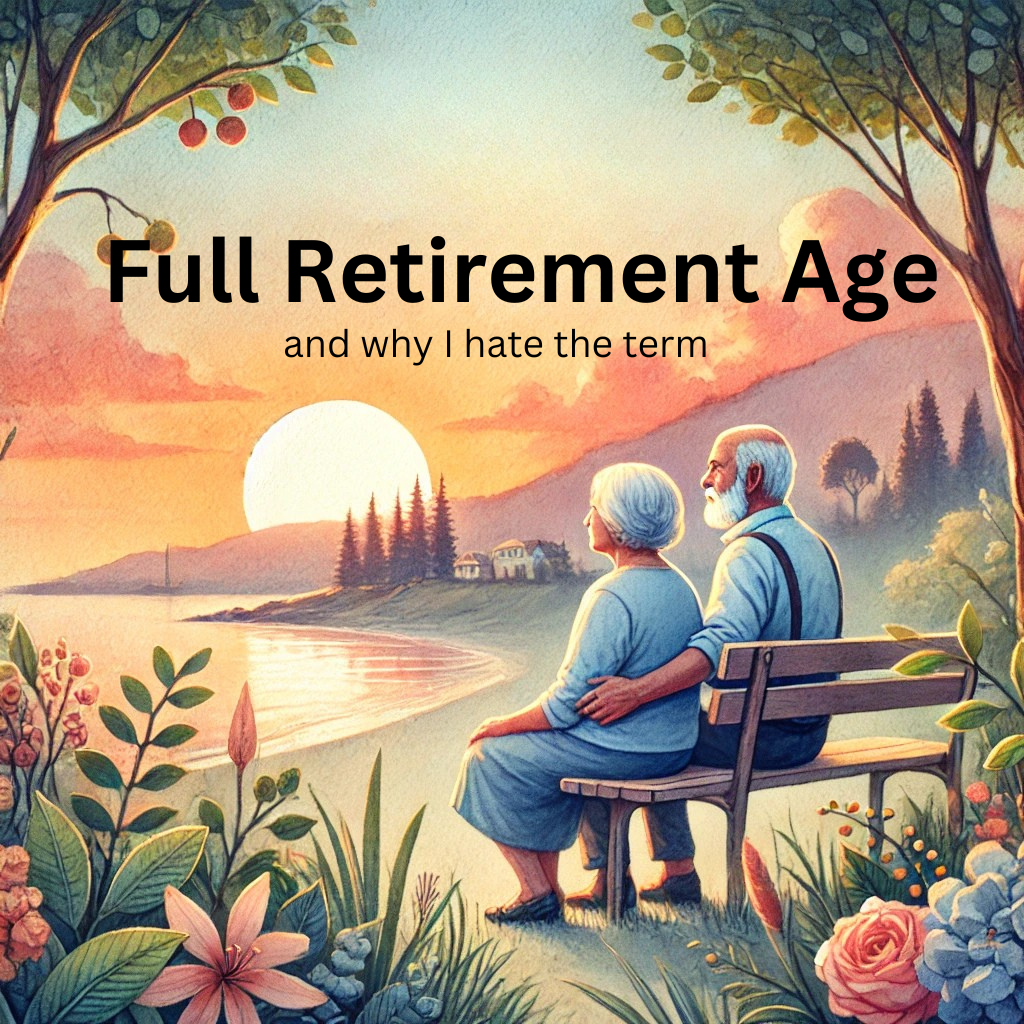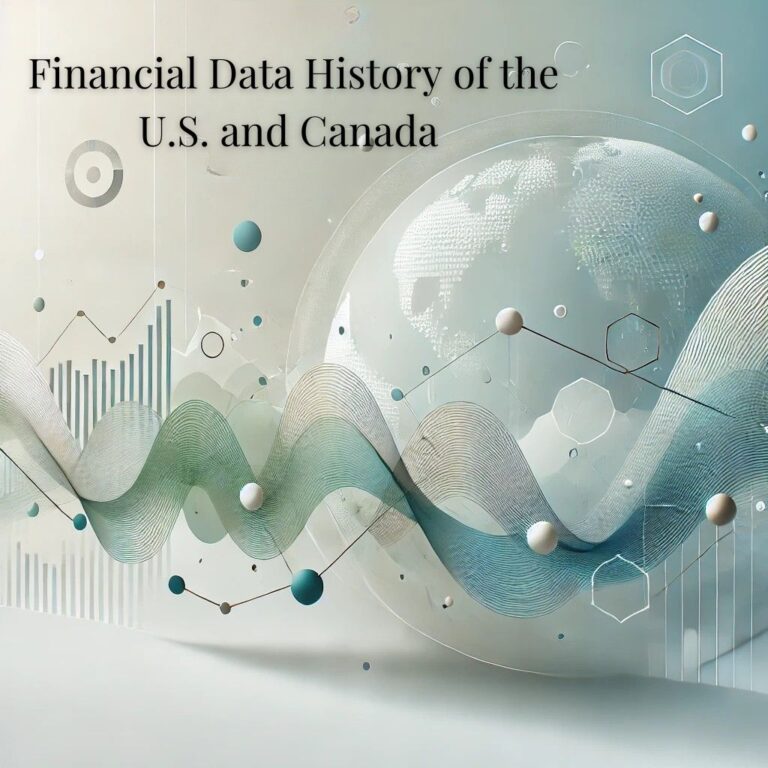
When it comes to Social Security, few terms are as misunderstood—or as misleading—as “Full Retirement Age” (FRA). The concept seems simple: it’s the age at which you can claim your Social Security benefits without a reduction. This seemingly straightforward idea leads many people astray. Here’s why I think the term “Full Retirement Age” should be disregarded when planning your retirement.
What FRA (Full Retirement Age) Really Means
FRA is a Social Security term that varies depending on your birth year. For those born in 1960 or later, the FRA is 67. It simply marks the age at which you can receive your full, unreduced benefit amount, which is not true.
Your maximum benefit is available at age 70, so what is an unreduced benefit? Compared to what? Anyone beginning benefits before their 70th birthday will receive a reduced benefit compared to their maximum age 70 benefit.
If you start taking benefits before your FRA—say, at age 62—you’ll see a permanent reduction in your monthly check by about 6% per year, resulting in a 30% decrease if you claim at 62 instead of 67. On the flip side, delaying benefits past your FRA yields an increase of about 8% per year until age 70. That’s a whopping 24% increase in perpetuity for waiting three more years.
The Problem with the Term FRA
The term “Full Retirement Age” implies a certain finality. It suggests that 67 is the “correct” or “normal” age to retire. This can lead people to make suboptimal decisions simply because they assume FRA is the target. After all, if the government says you’re at “full” retirement age, why not retire then? In fact, when asked when they want to retire, I have had several people respond by saying, “Well my FRA is 67, so I guess that’s when I’ll retire”.
Here’s the truth: the government is not in the retirement planning business. FRA is not a personalized guideline—it’s a bureaucratic label tied to your birth year. It says nothing about your financial situation, your health, or your life goals. Retirement planning is deeply personal, and decisions should be based on your circumstances, not a generic term.
Why the FRA Mentality Can Hurt Your Retirement

Too many people treat FRA as a milestone for retirement, without considering the financial impact. If you’re in good health and can afford to wait, delaying Social Security until age 70 can significantly enhance your lifetime benefits. That 8% annual increase after FRA is a strong incentive to hold off, especially when combined with the possibility of outliving your savings.
Let’s look at it another way: if losing 6% per year is enough to discourage you from claiming early, shouldn’t gaining 8% per year motivate you to delay? FRA is just a point on a sliding scale—it’s not a recommendation.
The Real Factors to Consider in Retirement
Instead of focusing on FRA, you should look at your Social Security benefits as part of a broader financial picture. Retirement decisions should take into account:
- Net Worth: How much have you saved? Can your investments sustain you without relying on Social Security right away?
- Current and Future Expenses: What are your monthly and annual spending needs? Are there major costs (like healthcare or debt) on the horizon?
- Other Income Sources: Do you have pensions, rental income, or investments to draw from?
- Longevity and Health: Do you have a family history of longevity? Are you in good health?
- Gifting and Estate Goals: Do you want to leave a legacy or make charitable donations?
For those with cross-border considerations, like Canadian and U.S. citizens navigating CPP, OAS, and Social Security, the picture is even more complex. CPP and OAS benefits also depend on the age when you initiate them, but FRA is 65 for everyone in Canada.
CPP increases by 8.4% each year after FRA, and it’s a 7.2% annual increase for OAS. Benefits will stop increasing at age 70 for all three pensions. Small timing decisions can have a significant impact on benefits over time.
Why Professional Advice Matters
Deciding when to claim Social Security is just one piece of the retirement puzzle. It’s not about picking an arbitrary age based on government jargon; it’s about maximizing your lifetime financial security. Working with a financial planner—especially one who specializes in cross-border complexities—can help you align your retirement strategy with your unique goals and circumstances.
Final Takeaway: FRA Means Nothing
If there’s one takeaway, it’s this: ignore the term “Full Retirement Age.” It’s a bureaucratic label, not a retirement roadmap.
Treat your Social Security benefits as part of a sliding scale, where the right time to claim depends on your personal situation. For many, waiting until age 70 is the best financial decision—but only careful planning can confirm what’s right for you.
Your retirement is too important to leave to a one-size-fits-all term. Take control, work with a professional, and make choices that reflect your own needs—not the government’s terminology.




